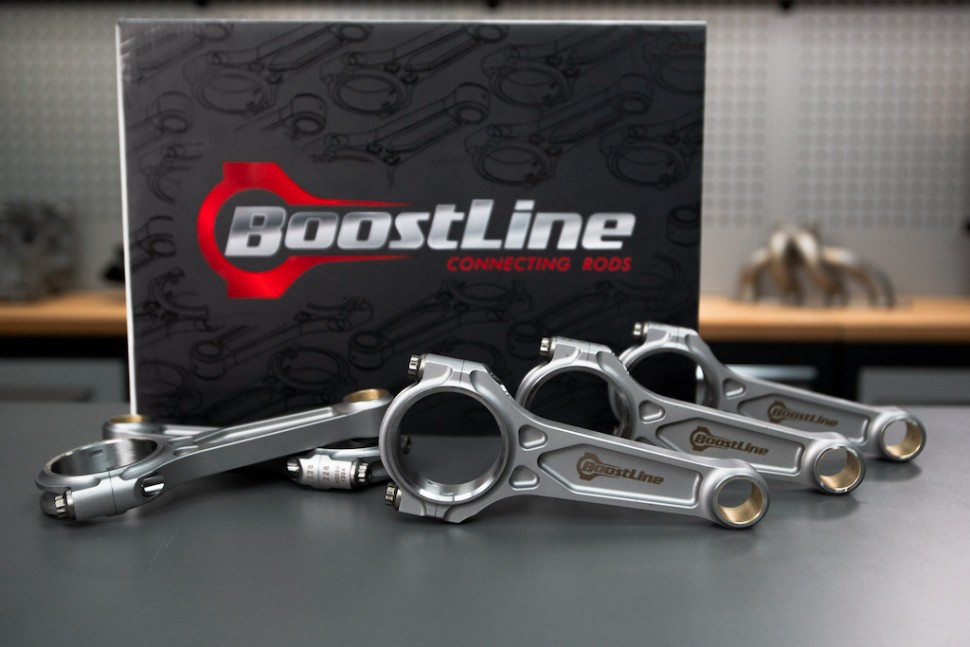How to Degree a Cam: Step 3: Fit Dial Gauge
Step 3: Fit Dial Gauge
02.02
| 00:00 | - The next step of our process is to install our dial indicator so that we can measure the cam lift. |
| 00:06 | I'm using an imperial Mitutoyo dial gauge for simplicity since the cam specs are also in imperial. |
| 00:12 | Of course it's also possible to easily convert between metric and imperial if required. |
| 00:17 | I'm also using various Mitutoyo extensions to reach down to the lifter or to the tip of the push rod depending on where we want to take our measurements from. |
| 00:27 | To attach the magnetic base to the cylinder head, we need something ferrous so we're simply using the steel plate that we also used as a valve spring compressor tool. |
| 00:35 | This can be attached to the head using threaded rod and a nut. |
| 00:40 | If we locate this plate over the number 3 cylinder inlet valve, this will allow us to check both the intake and exhaust lift without needing to relocate the mounting plate. |
| 00:50 | While in our example we're using our spring compressor tool, realistically any suitable steel plate will work. |
| 00:57 | When it comes to measuring the cam lift, there's 2 options. |
| 01:01 | We can use a long extension and locate this directly on the lifter or alternatively fit a push rod and locate a shorter extension in the hole on the end of the push rod. |
| 01:11 | Either method will work and it really comes down to personal preference. |
| 01:14 | In our case, I'm going to be using the push rod so we can fit this now starting with number 1 cylinder's intake cam lobe. |
| 01:22 | Next we can rotate the crankshaft until the intake valve is fully closed and we can push down on the push rod to ensure that the lifter is contacting the base circle of the cam. |
| 01:32 | Now we can fit the dial gauge and the magnetic base to our steel plate and adjust the gauge location until the extension is located positively in the small hole on the end of the push rod. |
| 01:43 | It's important to ensure that the push rod and the dial indicator extension are operating in the same plane for accuracy as well as to ensure that the dial gauge doesn't fall off the push rod during operation. |
| 01:55 | Lastly we can zero the dial gauge on the base circle of the cam. |





